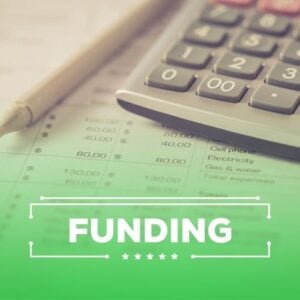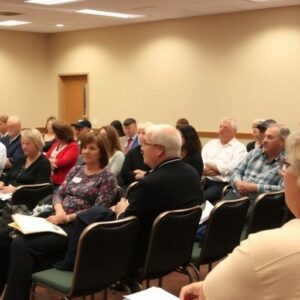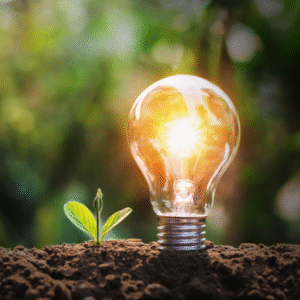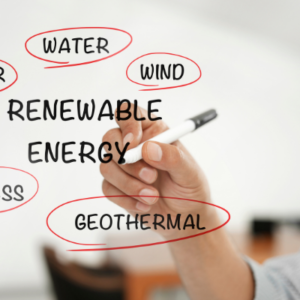Türkiye is taking decisive steps to enhance energy efficiency in response to a growing economy and rising energy demand, aiming to reduce reliance on imports and cut harmful emissions. Energy-saving measures are being implemented across public hospitals, schools, and government offices, including improved insulation, efficient heating and cooling systems, LED lighting, and solar panels. Supported by the World Bank, these initiatives target reduced energy consumption in public buildings while advancing the country’s energy security goals.
Inefficient buildings, with leaky windows, thin insulation, and outdated systems, have long contributed to high energy consumption, inflating electricity and gas costs. In Türkiye, where the building sector accounts for about one-third of total energy use, much of it from coal and natural gas, improving building efficiency is critical to minimizing vulnerability to global energy price shocks. Investments in energy-efficient technologies and renewable energy generation are central to Türkiye’s strategy to ensure affordable, reliable, and sustainable power.
The World Bank-funded Türkiye Energy Efficiency in Public Buildings project has already renovated over 370 government buildings, reducing energy use by an average of 40%—more than double the original target. Approximately 165,000 people who rely on these facilities now benefit from improved comfort and more sustainable energy use.
At the Ortaköy 80th Year Vocational and Technical Anatolian High School near Ankara, energy upgrades—including triple-paned windows, improved insulation, LED lighting, upgraded heating, and solar panels—have reduced electricity consumption by 60-70% for 500 students. These improvements not only save costs but also create a more conducive learning environment, reducing absenteeism and classroom distractions caused by external noise.
Hastanesi Kandira State Hospital in Kocaeli province has also benefited significantly from energy efficiency measures. The 52-bed facility, serving over 60,000 people, replaced outdated lighting with LED systems, installed over 400 solar panels, and upgraded heating and cooling systems, resulting in a 30% reduction in energy consumption and eliminating 420 tonnes of carbon emissions. The hospital has redirected energy savings toward critical services such as medicines and cleaning, while improving patient comfort and care environments.
Building on these successes, Türkiye plans to scale up energy efficiency renovations across its entire public building stock—approximately half a million buildings—through an $8.8 billion investment involving donors and the private sector. The program has already trained over 3,500 people in energy services and construction, creating a skilled workforce and promising significant job opportunities as the initiative expands.
With these measures, Türkiye is not only advancing toward its net-zero target for 2053 but also demonstrating that energy-efficient buildings can deliver measurable savings, enhance public services, and improve quality of life. Officials report that savings of up to 40% are now achievable, exceeding the original 2030 goal of a 20-30% reduction in energy consumption across public buildings.







